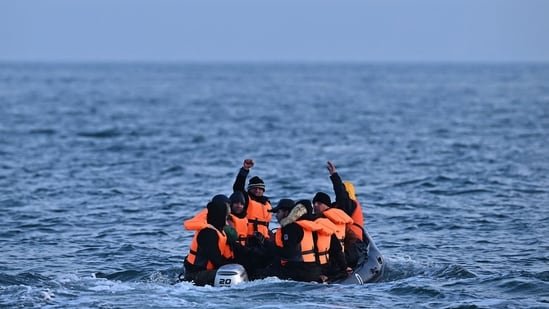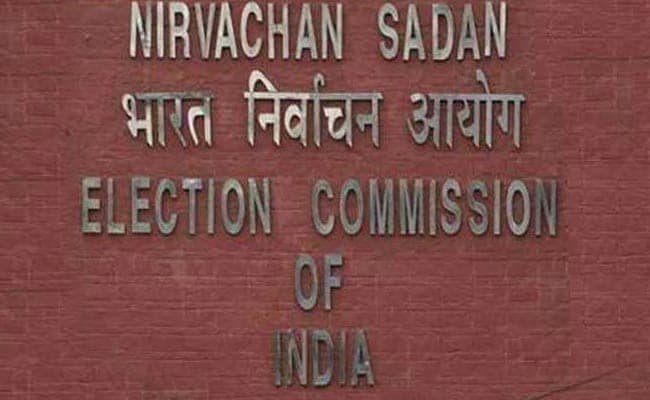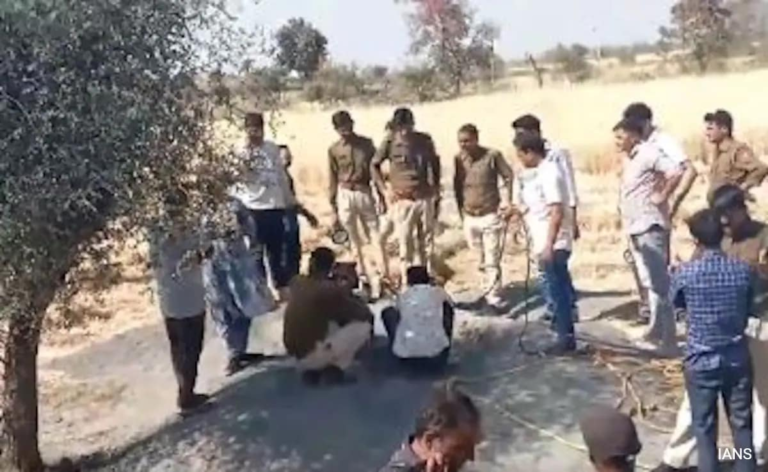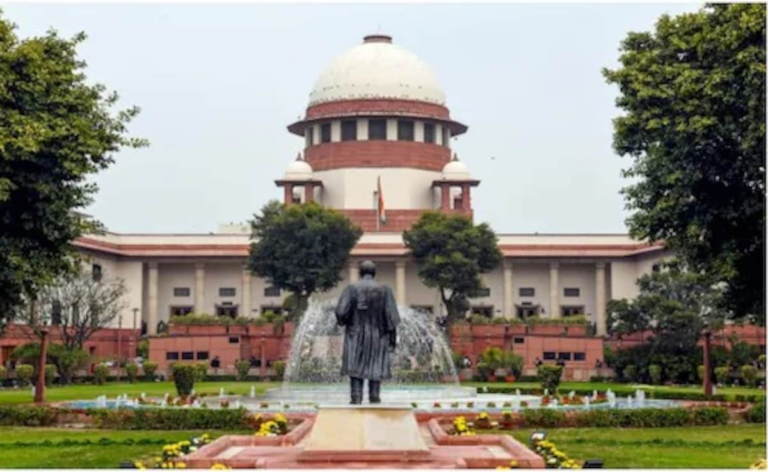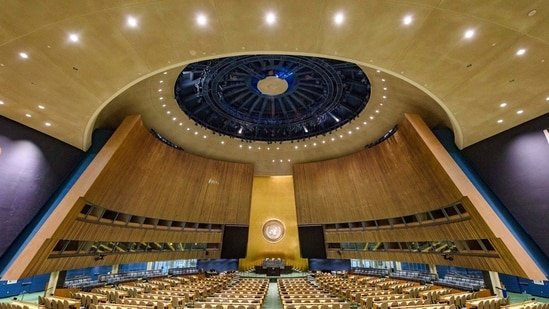
India has defended its abstention in a United Nations (UN) General Assembly resolution calling for an immediate and sustained humanitarian truce between Israel and Hamas on the ground that it did not explicitly condemn the October 7 terrorist attacks which triggered the current spell of hostilities. The resolution was adopted with 120 votes in favour against the backdrop of widespread public support in world capitals for a cessation of the fighting so that much-needed humanitarian aid can be sent into the Gaza Strip. Some 1,400 people were killed in the terror attacks while the death toll in Gaza has risen past 8,000, an overwhelming majority of them civilians, including women and children. Given India’s “zero-tolerance” approach towards terrorism in all forms and manifestations around the world, the government’s explanation for the abstention at the UN has merit. However, the vote reflects the delicate balancing that India has had to resort to at world bodies as it has striven to bolster its new partnership with Israel while also deepening its long-standing and historic relations with the Arab states.

India’s description of West Asia as part of the country’s “extended neighbourhood” is anchored by the presence of some nine million Indian nationals in this region and a strong energy partnership. Despite the recent increase in India’s purchases of Russian crude, West Asia has been and will remain a primary source of oil for the foreseeable future. India has also traditionally backed a two-State solution, with a viable state of Palestine within recognised borders existing side-by-side with Israel. This is a solution that is again in focus, especially in the Arab world, after years of being pushed into the background by the Abraham Accords, whose biggest weakness was the glossing over of the Palestinian issue. Prime Minister Narendra Modi’s phone conversation with Egyptian President Abdel Fattah el-Sisi, a key player in the current crisis, can thus be seen as part of India’s outreach to West Asia to explain its stance at the UN. More such diplomacy will be required for India to protect its position in this strategic region at a time when US influence is waning and China is seeking to establish a former toehold. Only through such steps will India be able to allay any misgivings in the Arab world about New Delhi’s commitment to the Palestinian cause.



